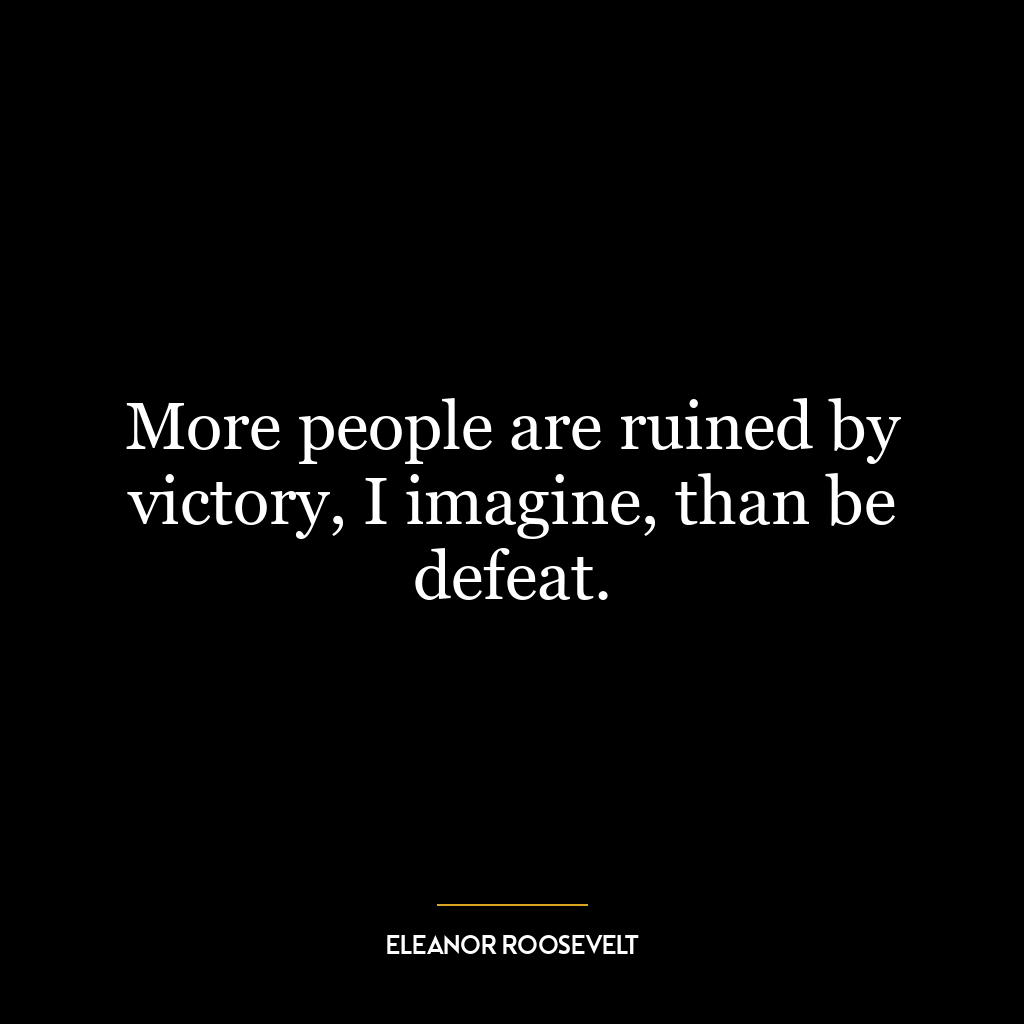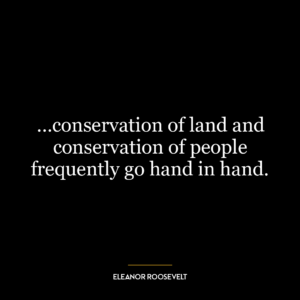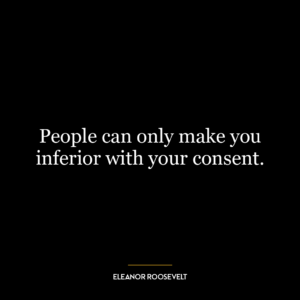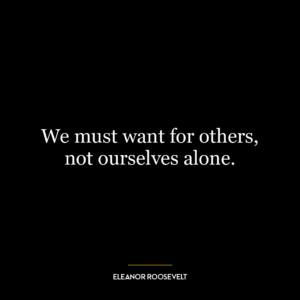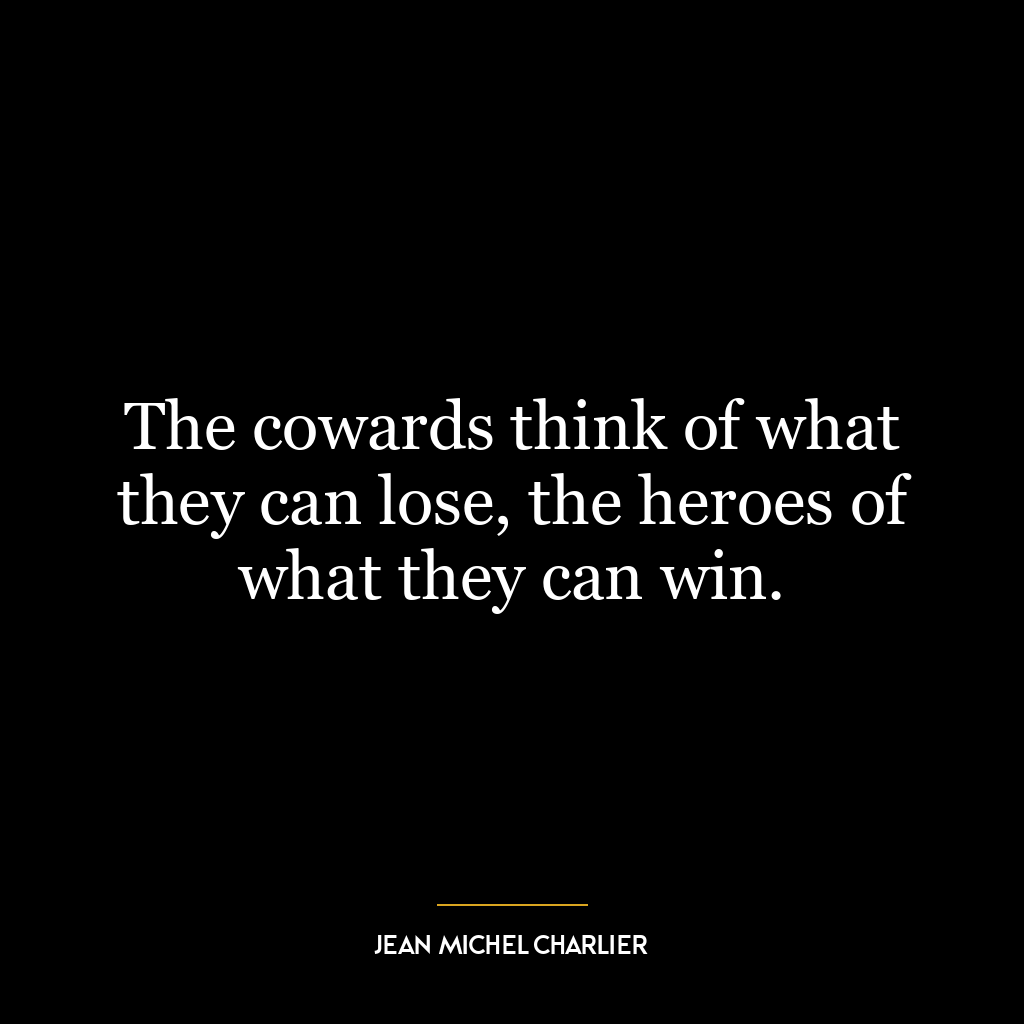More people are ruined by victory, I imagine, than be defeat.
This quote suggests that success can often lead to a person’s downfall more than failure can. It implies that victory can breed complacency, arrogance, and a false sense of invincibility. When we win, we might stop striving for improvement, stop questioning our methods, and start underestimating our opponents. This can lead to stagnation and, eventually, downfall. On the other hand, defeat often serves as a wake-up call that pushes us to evaluate our strategies, learn from our mistakes, and work harder. Therefore, failure can be a more powerful catalyst for growth and improvement than success.
Applying this idea to today’s world, we can see it reflected in various domains. In business, companies that become complacent after achieving market dominance often get overtaken by more innovative and hungry competitors. In politics, leaders who become arrogant after winning elections can lose touch with the needs and sentiments of their constituents, leading to their eventual downfall.
In the realm of personal development, this quote serves as a reminder to stay humble and hungry, regardless of our achievements. It warns us against the dangers of resting on our laurels and encourages us to continuously seek growth and improvement. It suggests that we should view our victories as stepping stones rather than destinations and our defeats as opportunities to learn and bounce back stronger. It teaches us to find value and lessons in both our successes and failures, and to use them as fuel to keep moving forward.

